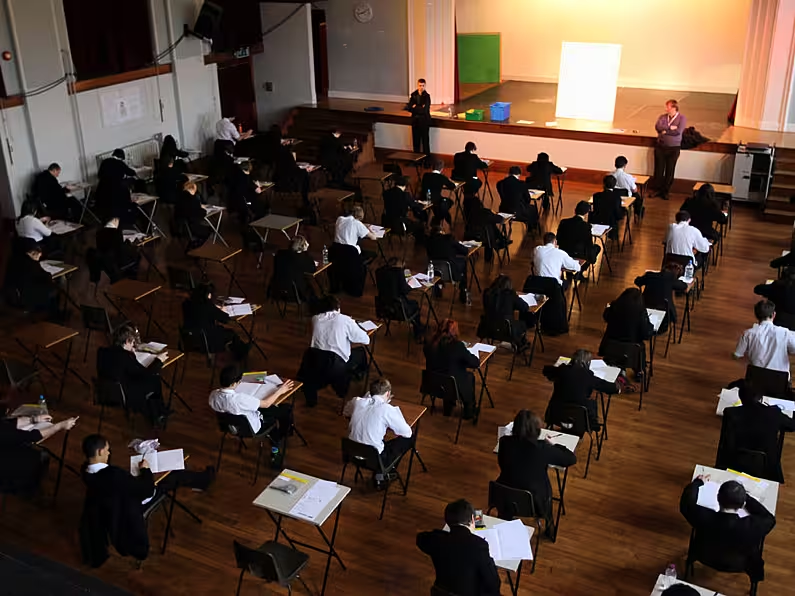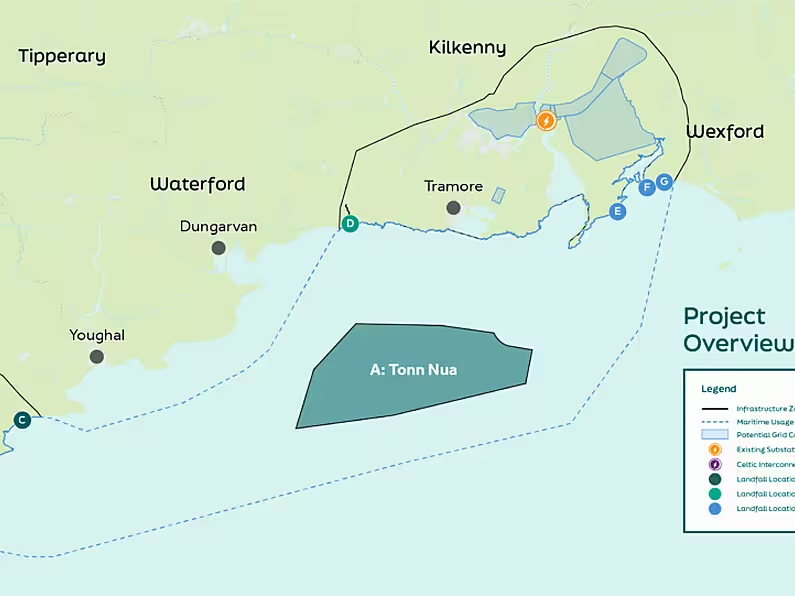
MARESA FAGAN
The Covid-19 pandemic has "painfully exposed weakness and divisions in societies, worsened existing problems, and generated its own human rights own challenges".
That is according to former tánaiste and Labour leader Eamon Gilmore, who now serves as an EU special representative for human rights.
At an online event hosted by the European Commission Representation in Ireland and European Movement Ireland, Mr Gilmore, who has held the human rights role since 2019, said the Covid crisis had thrown up more human rights issues and magnified every existing inequality in our society.
Mr Gilmore added that it was vital that rights — such as access to information, safe drinking water, food, and adequate housing — were protected.
“A lot of attention is going to have to be paid post-Covid to addressing issues of economic and social inequality that have been exacerbated by the Covid situation; in all countries not only third countries but in the EU as well,” he said.
“I think what Covid has shown us is just how small the world is and how we are so interdependent on each other,” he said, adding that lessons from the Covid experience could be applied to addressing other global issues, such as climate change.
Freedom of expression
The unwinding of emergency Covid-19 measures, he said, will be an important part of the exit and recovery plan.
“107 countries declared states of emergency,” Mr Gilmore said. 56 countries introduced measures that affect freedom of expression. 139 countries introduced measures that affect freedom of assembly. And 59 countries introduced measures that affect privacy.
“We have always said that emergency measures are allowable where there is a health emergency, but that those measures should be absolutely necessary,” he said, adding:
They should be proportionate, time-bound and subject to democratic accountability.
Mr Gilmore also expressed concern about "increased assertiveness by regimes that have been authoritarian for a long time”, and a trend towards more authoritarian rule in many countries.
He said 87 countries had authoritarian rule of some kind, accounting for 68 per cent of the world's population, while fully liberal democracies had fallen from 41 to 32, now only representing 14 per cent of the global population.













